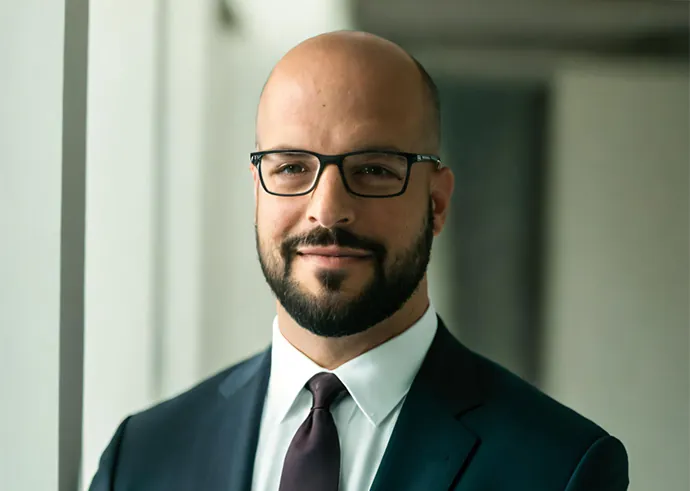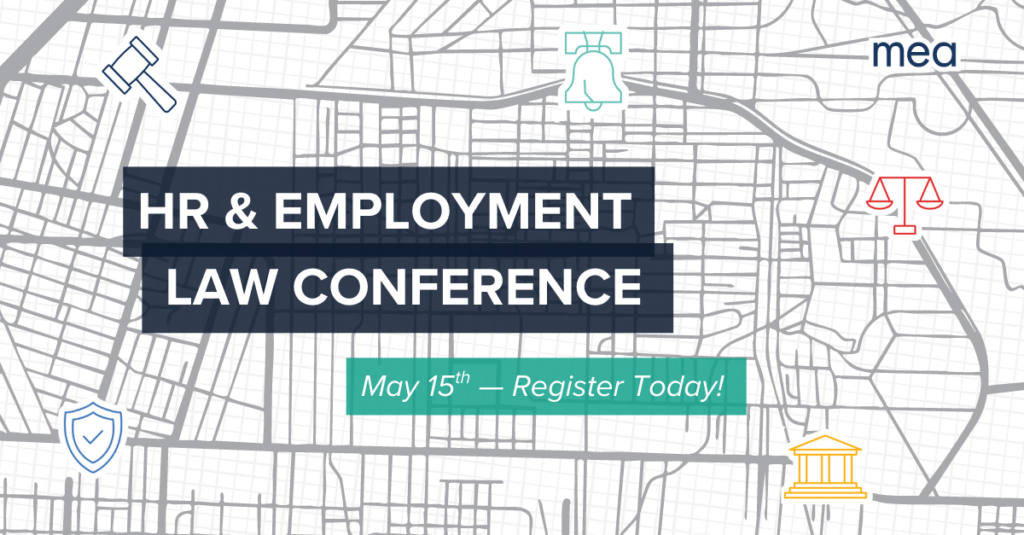Training & Talent Development
Grow Your People, Build Your Future
Our Development Philosophy
We understand that your team members are at the heart of your business. Our training and talent development approach prioritizes interactive and engaging learning experiences, led by seasoned instructors who understand the unique challenges of your industry. By tailoring our programs to meet your specific needs, we empower your workforce to dream, plan, coordinate and execute with confidence. Our commitment is to help you develop your most critical asset—your people.
Flexible Learning Solutions Tailored for You
Learn at MEA (public training)
Learn at your location
Learn online
Learn at your own pace
Leadership Development
Effective leadership is crucial for driving organizational success. Our leadership development services are designed to equip your leaders with the skills and insights they need to cultivate and inspire their teams and navigate challenges with confidence.
Senior Leadership Intensive
An immersive program for seasoned leaders seeking transformative growth.
Leadership & Executive Coaching
Personalized coaching to enhance leadership effectiveness and drive results.
Mentoring
Guided relationships that foster professional growth and development.
The Predictive Index
A powerful tool for understanding and optimizing team dynamics.
What Our Clients Say
Discover how our leadership development programs have made a difference for organizations just like yours.
"We recently engaged with MEA to provide assertive communication skills coaching with one of our employees. Our employee received tremendous value from this experience. The employee is now assertively communicating in all types of audience situations more effectively. There is no doubt the MEA coach provided career-enhancing consultation that will change this employee's career growth possibilities tremendously. How do we know? The employee told us, and we have seen it demonstrated. Great job, MEA, changing someone's life positively in such a short time.”
—Mike M., Director of Human Resources,
Global Manufacturer in Southeastern PA
Training
We believe that continuous learning is essential for both personal and organizational growth. Our diverse range of training services equips employees with the skills they need to excel in their roles and contribute to a positive workplace culture.
Manager Certificate Programs
Comprehensive programs to enhance managerial skills and effectiveness.
Employee Training Workshops
Hands-on workshops designed to boost employee performance and engagement.
Computer Training
Essential training to improve digital skills and productivity.
eLearning
Flexible online courses tailored to your learning needs.
Anti-Harassment Training
Critical training to promote a safe and inclusive workplace.
What Our Clients Say
"As a young female professional preparing to enter the next chapter of my career, I was eager to attend the MEA Foundational Manager Series. Since completing the course, I find I am well equipped with the knowledge and tools I need to be an effective manager and leader for my company. Working through the series with my cohort was an additional bonus to the traditional learning model. We were able to gain a deeper understanding of the topics presented through each other’s experiences and perspectives as we worked collaboratively through the many interactive problem-solving sessions. This is a great course to take if you are new to managing others, or if you have many years’ experience!”
—Rebecca C, Project Manager,
Global provider of EHS Services in Southeastern PA
Meet the Experts Who Support Your Success
People are at the heart of every business — and at the heart of ours, too. When you work with us, you’re supported by a team of talent development experts and facilitators who combine deep expertise with a genuine commitment to your goals. Get to know the people who will be with you every step of the way.

Margaret Uhrich
Managing Director, Talent Development & Coaching

Sarah Acuna
Training Manager

Gina LoPresti
Project Manager

Susan Zoll
Membership Ambassador

Deb Brown
Facilitator

Lauren Benatti-Smith
Facilitator

Corey Crapella
Facilitator

Michelle Govan
Facilitator

G'Jurel Jones
Facilitator

Dawn Pfeifer Reitz
Facilitator
Find Your Next Step
Need help figuring out which services best fit your needs? Fill out this simple form and let our experts help you find the perfect solution, tailored just for you.

